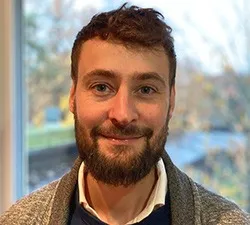We deliver science for change
The Global Economic Dynamics and the Biosphere programme (GEDB) conducts transdisciplinary research on the challenges of global change and sustainability.
Exploring the interplay between global environment, finance and health.
The Global Economic Dynamics and the Biosphere (GEDB) programme conducts actionable science to drive cross-sectoral change for people and the planet.
We create alliances with key actors in society and combine multidisciplinary insights in novel ways.
New research frontiers for people and planet
A sustainable future requires a better understanding of the relationship between the economy, societal development and the living planet. GEDB’s research has two main themes: Biosphere Finance and Global Health and Biosphere Stewardship.

Biosphere Finance
Studies how corporate finance affects the biosphere and how the power of the financial sector can be reoriented to strengthen ecosystems and societies.

Global Health and Biosphere Stewardship
Focus in this theme is on how human health depends on biodiversity, including new diseases and food systems.

The deep interconnections
between the biosphere & global economic dynamics of various forms are becoming more and more apparent. Examples range from the emergence of new zoonotic infectious diseases to heat waves, floods and fires devastating ecosystems, undermining agricultural production and disrupting international supply chains. Such interconnections are at the very heart of research conducted within the GEDB.
GEDB is a research programme at the Royal Swedish Academy of Sciences. It is funded by the Family Erling-Persson Foundation.
Our latest news
See all news here28 maj 2024
Beatrice Crona member of Nature Action 100’s first Science Council
Nature Action 100 is a global investor-led engagement initiative focused on supporting greater corporate...
27 maj 2024
Annual Report 2023
The year 2023 saw a sad record, with 63 major weather-related disasters hitting the world, each resulting...
12 feb 2024
Evolutionary traps for humanity
Humankind risks getting stuck in evolutionary traps, ranging from global climate tipping points to misaligned...
17 dec 2023
New funding for advancing food system sustainability
GEDB researcher Malin Jonell and her team have received a SEK 10 million grant from the Swedish research...
We deliver peer-reviewed reserach, spanning across disciplines in both the natural and social sciences to tackle societal challenges.
See all publications hereJournal article
What does “sustainable seafood” mean to seafood system actors in Japan and Sweden?
Blandon, A., M. Jonell, H. Ishihara, and A. Zabala. 2025. What does “sustainable seafood” mean to seafood system actors in Japan and Sweden?. Ambio 54:1010–1025.
Journal article
Transforming sustainable aquaculture by applying circularity principles
Chary, K., A.-J. van Riel, A. Muscat, A. Wilfart, S. Harchaoui, M. Verdegem, R. Filgueira, M. Troell, P. J. G. Henriksson, I. J. M. de Boer, and G. F. Wiegertjes. 2024. Transforming sustainable aquaculture by applying circularity principles. Reviews in Aquaculture 16(2):656-673.
Journal article
Deep-ocean seaweed dumping for carbon sequestration: Questionable, risky, and not the best use of valuable biomass
Chopin, T., B. A. Costa-Pierce, M. Troell, C. L. Hurd, M. J. Costello, S. Backman, A. H. Buschmann, R. Cuhel, C. M. Duarte, F. Gröndahl, K. Heasman, R. J. Haroun, J. Johansen, A. Jueterbock, M. Lench, S. Lindell, H. Pavia, A. M. Ricart, K. S. Sundell, and C. Yarish. 2024. Deep-ocean seaweed dumping for carbon sequestration: Questionable, risky, and not the best use of valuable biomass. One Earth 7(3):359-364.
Honghong Li
PhD, Postdoctoral researcher
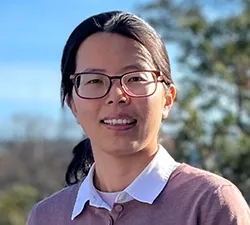
Peter Søgaard Jørgensen
Deputy Executive Director, PhD
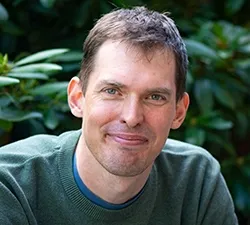
Daniel Avila Ortega
PhD Candidate
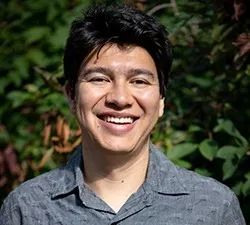
Malin Jonell
PhD, Research Fellow
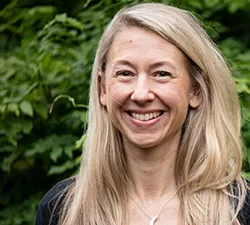
Agneta Sundin
Communications Officer
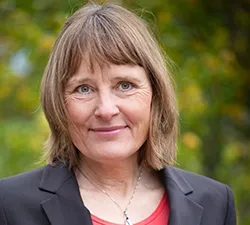
Shruti Kashyap
JD, PhD, Postdoctoral researcher
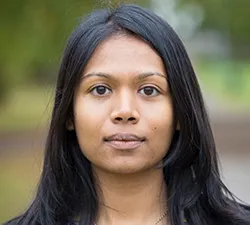
Noah Linder
PhD, Postdoctoral researcher
